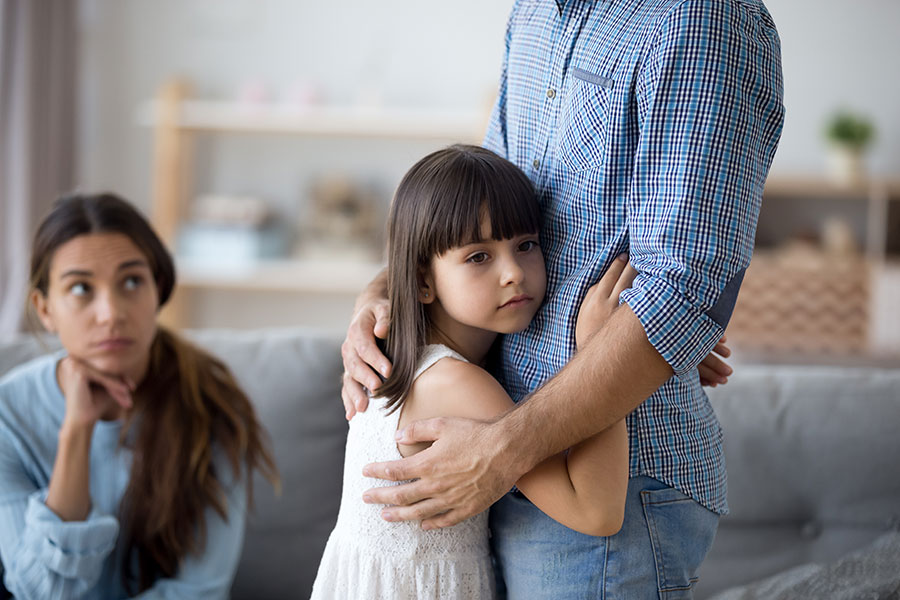Parents may worry about their child and separation anxiety. This is a common problem in children and can become worse if not treated. There are many different ways to help with the symptoms of separation anxiety both at home and when your child needs to attend nursery or school.
What is separation anxiety?
Separation anxiety in children is where your child is worried about being separated from you or their other parent. They may be anxious when they need to go somewhere without you like school, nursery, even playing at a friend’s house. Your child may also feel incredibly anxious when left with someone else if this is the case make sure that it is always done in small steps where possible.
Separation anxiety in children tends to develop when they are between two and four years old, although it is possible for older children to suffer too. It happens because the child feels they will be separated from their loved ones or that something bad could happen while they are away.
What are the symptoms of separation anxiety?
One of the most common symptoms of separation anxiety is clinging onto their parents or another loved one, along with crying, screaming & protesting. They might refuse to let them leave for work or school and will do anything they can to stop this happening. There are other ways that parents notice when their child has true separation anxiety, including them crying hysterically while you try to leave them with someone else, refusing to eat food without their parent present and asking for just one more hug before bedtime.
Separation anxiety in children can also include many other symptoms, some of which include nightmares about being separated from their family members and panicking if there is an unexpected change in routine.
How to Treat Separation Anxiety in Children
If your child has separation anxiety, it might be hard for them to adjust to new situations. Separation anxiety in children can seem worse when they are away from their home or parents which can make it difficult for them at nursery or school. However, there are ways that parents can help their child with these symptoms including:
- Using gradual separations – this is where you start by leaving your child alone in the house or room for just a few seconds and then building up the time until they are ready to go somewhere else on their own. This may mean that you need to leave your child with another person slowly over time so that they get used to being without you both at once.
- Rewarding good behaviour – if your child starts to be more independent and less clingy then reward this behaviour. You can do this by spending a day doing something they enjoy together as a family or giving them a gift so that they understand being away from you is not always bad.
- Distracting negative feelings – children with separation anxiety may also have a fear of being alone or scared. You can help with this by distracting them with games and toys while you are going about your daily routine.
- Reassure your child – let your child know that it is okay if they get a little bit upset when you leave them somewhere but reassure them that it won’t be forever and you will come back soon. If your child has an unexpected change in routine then explain why this is happening and that they need to deal with it in a calm manner.
it’s important parents remember that children experiencing separation anxiety is a normal part of development for young children and does not mean that they have a psychological disorder.


